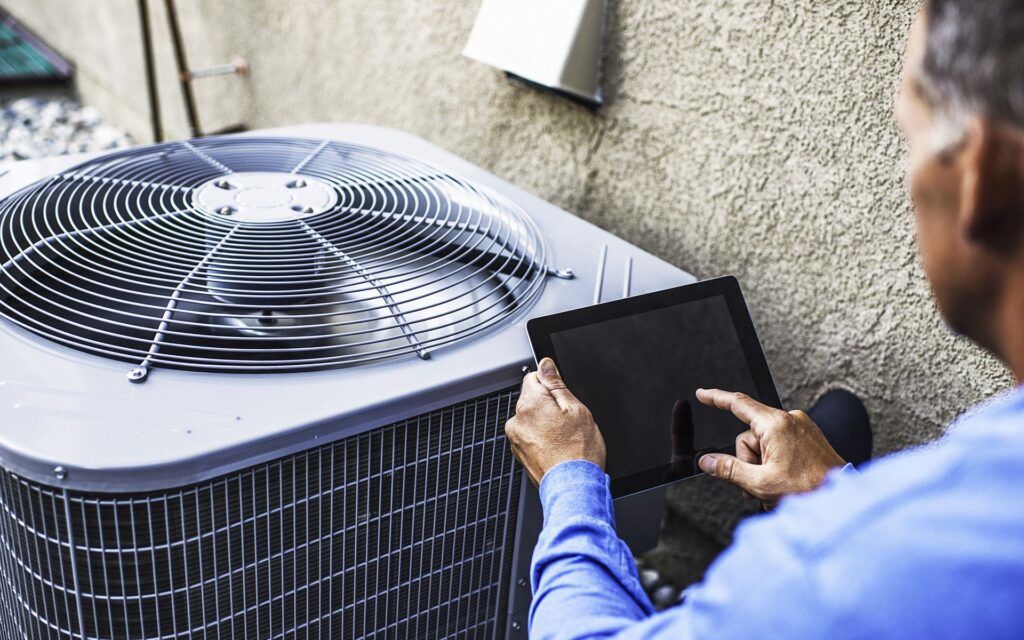To preserve the value of your home and to cut down on repair costs, you should perform certain regular maintenance tasks. Regular cleaning and inspection of your HVAC system will prolong its life and possibly prevent expensive repairs. Some HVAC maintenance tasks are DIY. Let’s take a look at how you can keep your system running smoothly.
How Can DIY HVAC Maintenance Save You Money?
As with any other system or appliance, an HVAC system lasts much longer when you properly care for it. A poorly-maintained system usually requires more expensive repairs. Additionally, a lack of maintenance decreases the lifespan of an HVAC system, resulting in an early need for replacement. Even if your HVAC system is brand new, set good maintenance habits from the beginning.
The Basics of DIY HVAC Maintenance
Most people think of “HVAC maintenance” as being a professional affair, but DIY HVAC maintenance is easy. Simply apply the following 9 tips.
1. Change your air filters (and buy high-quality).
One of the simplest ways to avoid HVAC repairs is simply to change your air filter every month or two. The package that your filter comes in should specify how often to change it. A clogged filter can cause problems in the system, as well as reduce your indoor air quality. Additionally, make sure you invest in a fairly high-quality air filter.
2. Clean your registers often.
Dirty or blocked air registers mean that your system has to work harder to regulate temperature. A hardworking system means a higher monthly bill. Clean your registers to ensure that no dust or debris build-up stunt efficiency.
3. Have your system serviced annually.
Sometimes, VAC maintenance means involving a professional. Home HVAC systems should generally be inspected by a licensed technician every year or two. Talk to your contractor about service agreements and warranties.
4. Inspect your system monthly.
You should lay eyes on your system monthly to check for potential leaks, cracks, or holes. Examine all units and registers to make sure everything is in working order.
5. Give your system a break.
If the weather allows, turn off your system and open your windows or use fans. Not only does this cut back on your monthly heating and cooling expenses, it also gives your system a break. This can increase its lifespan.
6. Fix small problems quickly.
If you drive a car, you’re probably familiar with the “ignore a small problem and hope it goes away” maneuver. This rarely works out in the case of an HVAC system. If you ignore small issues, they will only grow until they become large, expensive issues. Always nip HVAC problems in the bud, even if you have to hire a professional to help.
7. Clear debris that may be blocking airflow.
If you notice your HVAC system acting up, check both the indoor and the outdoor units to make sure nothing is near the outside that may be blocking airflow.
How Does an Energy-Efficient HVAC System Save Money?
If you are building a new home, do your best to find an energy-efficient HVAC system. An energy-efficient HVAC system uses less energy to heat or cool your home, reducing waste and lowering your monthly utility bill.
If you’d like to know more about how you can save money on homebuilding, do not hesitate to call us today. At Next Modular, we know that building a new home is likely one of the most important financial decisions you will make. As an experienced modular home builder, we are committed to being your guiding light through this process.


